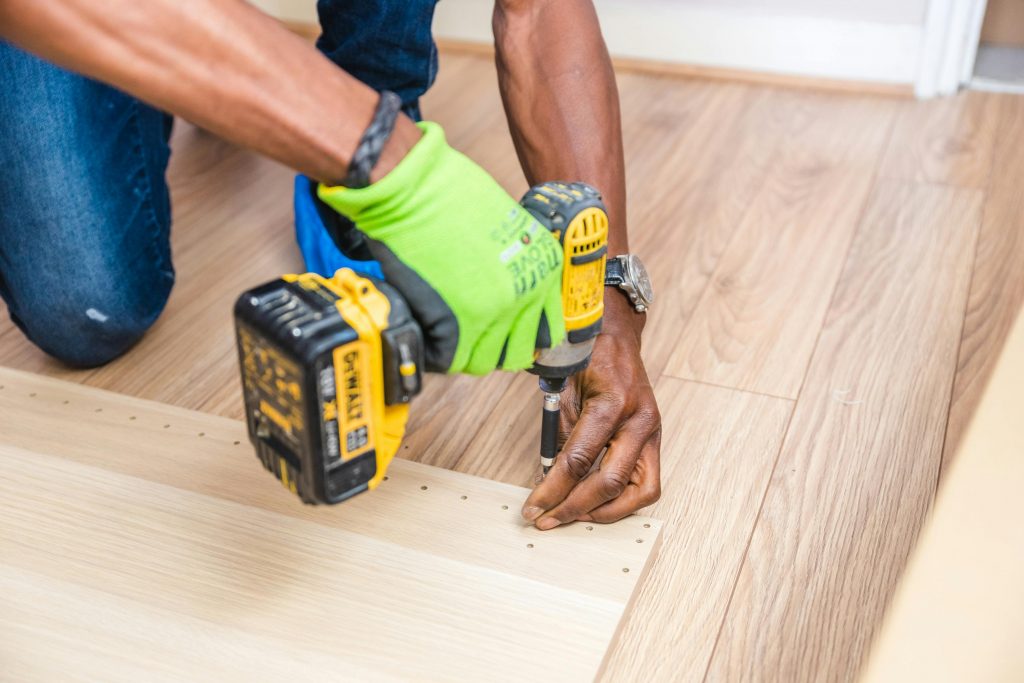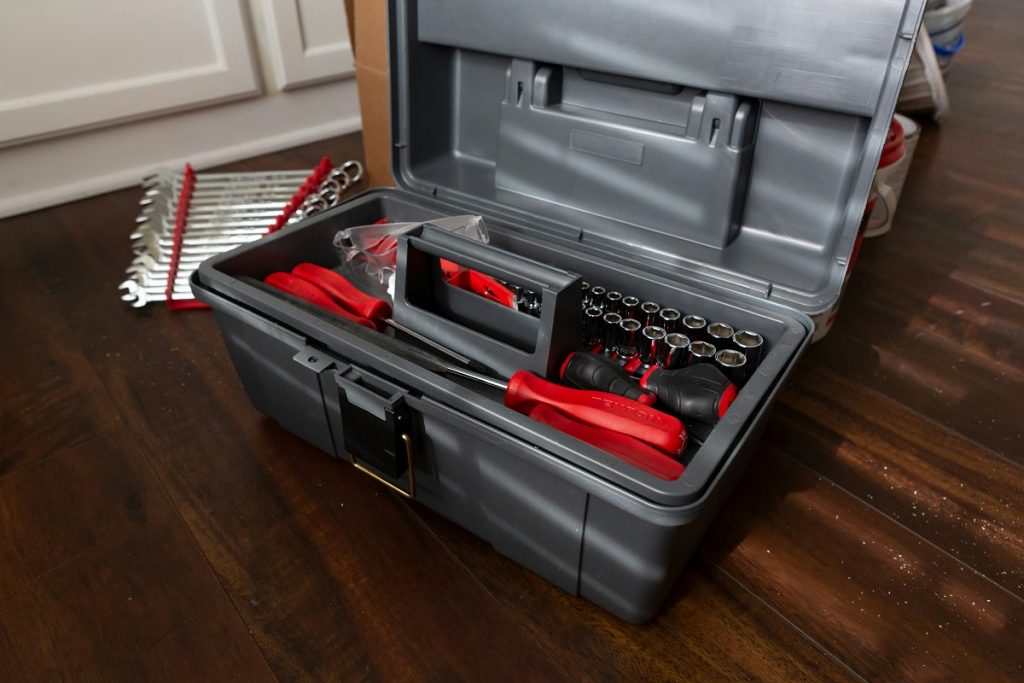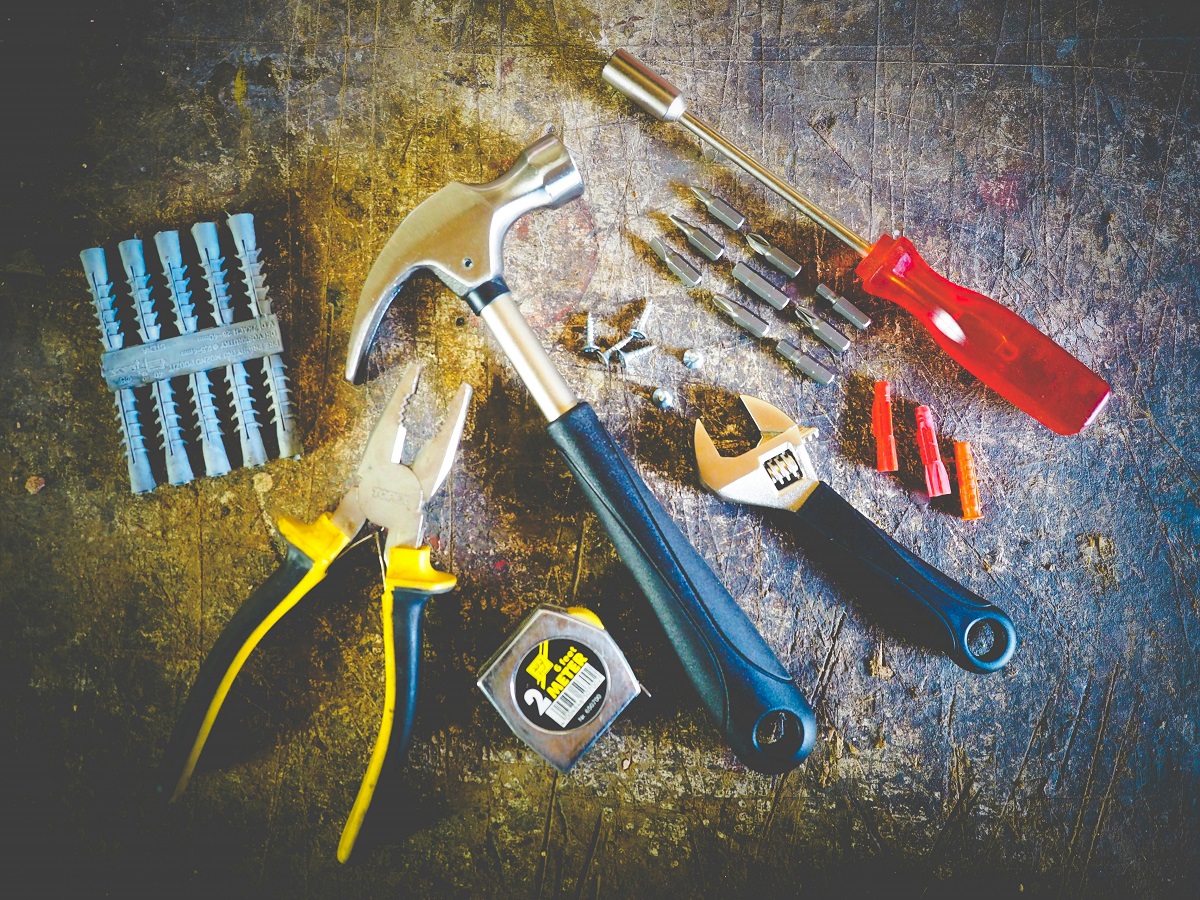
- Winterizing your home and preparing for summer can protect your plumbing and HVAC system.
- To stay organized, create a personalized maintenance schedule using tools like apps and checklists.
- Being proactive, addressing small issues promptly, and seeking expert help can prevent major household repairs.
- Proper ventilation and preparation for seasonal changes are also important in maintaining a well-functioning home.
Owning a home is a significant achievement but comes with its share of responsibilities. Household repairs can be a constant challenge, often arising at inconvenient times and leading to unexpected expenses. However, proactive maintenance and regular inspections can avoid many of these issues. This guide gives homeowners practical tips on preventing common household repairs, helping them save time, money, and stress in the long run.
The Importance of Household Repairs
Maintaining your home is not just about aesthetics; it’s crucial for ensuring its safety and longevity. Neglecting household repairs can lead to severe consequences, such as structural damage, increased repair costs, and decreased property value. On the other hand, proactive home care can preserve your investment, enhance your living experience, and provide peace of mind.
Tips for Preventing Common Household Repairs
There are many ways to prevent household repairs, and it all starts with being attentive to your property’s needs. Here are some essential tips to help you stay on top of home maintenance:
Always Seek Expert Help

While DIY projects can be tempting, consulting professionals for significant repairs is essential. Expert assessments and repairs ensure that issues are addressed correctly the first time, preventing recurring problems. For instance, hiring a professional plumber to inspect your plumbing system can identify potential leaks before they cause extensive water damage. Professional help not only ensures quality work but also provides long-term solutions, saving you from future headaches.
Regular Maintenance Checks
Routine inspections are the cornerstone of preventive maintenance. Regularly checking your roof, plumbing, and electrical systems can help you identify minor issues before they escalate. Here’s a basic maintenance checklist to follow:
- Monthly: Inspect HVAC filters, check for leaks under sinks, and test smoke detectors.
- Quarterly: Examine the roof for damage, clean gutters, and inspect the water heater.
- Yearly: Have a professional inspect the plumbing and electrical systems, service the HVAC system, and inspect the foundation for cracks.
By adhering to this schedule, you can catch potential problems early and address them promptly.
Proper Home Ventilation
Maintaining good air circulation in your home is vital for preventing mold and mildew growth, which can lead to respiratory issues and structural damage. Ensure your home is well-ventilated by using dehumidifiers, exhaust fans, and regularly opening windows to allow fresh air in. Proper ventilation helps maintain a healthy indoor environment and reduces the likelihood of moisture-related problems.
Addressing Small Issues Promptly

Minor issues, such as a dripping faucet or a small crack in the wall, may seem insignificant but can lead to major repairs if left unattended. Fixing these problems promptly can prevent them from worsening and save you considerable time and money. For example, a minor roof leak can lead to extensive water damage and mold growth if not addressed quickly. Being proactive in fixing small issues can significantly extend the lifespan of your home’s components.
Seasonal Preparations
Preparing your home for different seasons is crucial in preventing weather-related damage. For instance, winterizing your home can protect your plumbing from freezing temperatures, while preparing for summer heat can reduce the strain on your HVAC system. Here are some seasonal maintenance tips:
- Winter: Insulate pipes, check for drafts, and service the heating system.
- Summer: Clean and inspect the air conditioning unit, check for insect infestations, and ensure proper insulation.
- Spring/Fall: Clear gutters and downspouts, inspect the roof for any damage, and clean out the fireplace.
Seasonal maintenance helps your home withstand extreme weather conditions and prevents costly repairs.
Creating a Home Maintenance Schedule
Having a structured maintenance plan is essential for staying on top of home care tasks. Create a personalized maintenance schedule that outlines specific tasks for each month, quarter, and year. Utilize tools and resources such as home maintenance apps, checklists, and reminders to help you stay organized and ensure that no task is overlooked. A well-structured plan keeps you proactive and diligent in maintaining your home. You can also involve family members in completing some of the tasks, making it a group effort.
The Bottom Line
Preventing common household repairs is all about being proactive and attentive to your home’s needs. By seeking expert help, conducting regular maintenance checks, ensuring proper ventilation, addressing small issues promptly, and preparing for seasonal changes, you can significantly reduce the likelihood of major repairs. Creating a home maintenance schedule will keep you organized and on track, ensuring that you stay ahead of potential problems.



